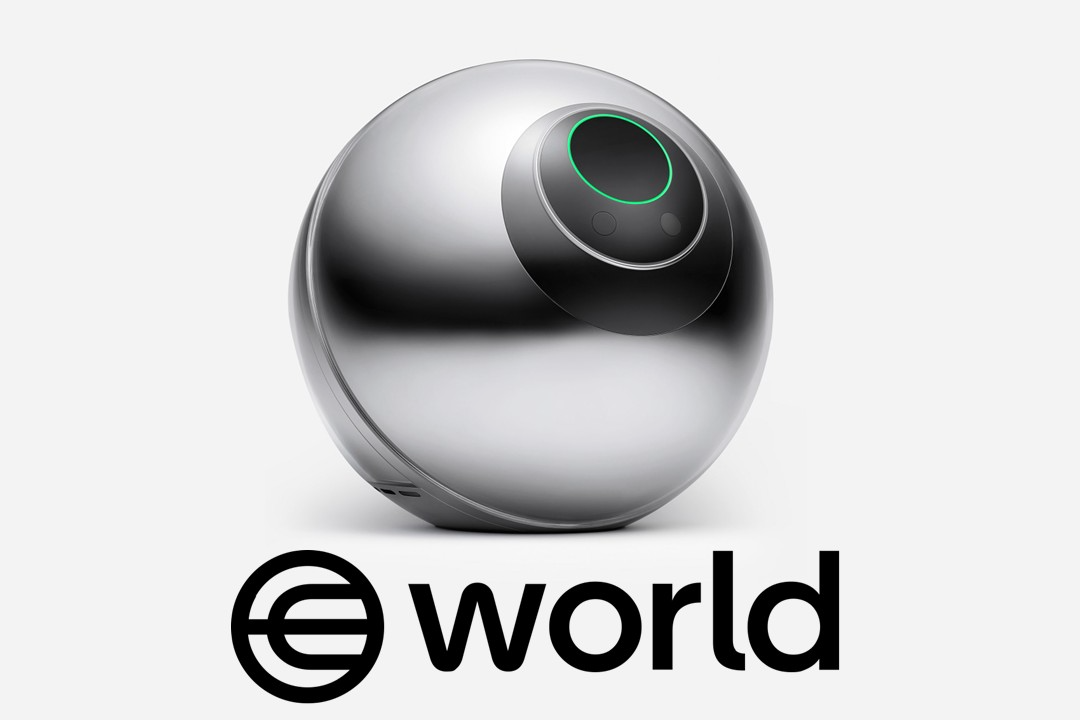2025-05-03

Sam Altman’s blockchain-based identity
project, Worldcoin, is making a bold entry into the U.S. market with plans to
deploy 7,500 iris-scanning devices—dubbed “orbs”—across major cities by the end
of 2025.
The company, now rebranded as World,
aims to build a global digital identity system to help distinguish real humans
from AI-generated personas.
Eye-Scanning Orbs to Appear Nationwide
The orb devices, shaped like metallic
spheres, scan users' irises to generate a unique “World ID.”
According to the company, this identity
confirms a person’s humanity without revealing private personal data.
Initially, the orbs will be rolled out
in six tech-forward cities: Atlanta, Austin, Los Angeles, Miami, Nashville, and
San Francisco. A factory in Richardson, Texas, is being built to support mass
production.
“We’re building an identity layer for
the AI age,” said Altman, who also leads OpenAI. “To protect what makes us
human, we need a way to verify that something online was created by a real
person.”
By the end of 2025, World aims to have
enough orbs distributed so that up to 180 million Americans can access the
service. Orb stations are expected to pop up in gas stations, retail outlets,
and other public spaces, promising a 10-minute registration process.
Incentives and Ecosystem Growth
In exchange for scanning their irises,
users receive WLD tokens and access to the World App, which functions as a
crypto wallet and identity manager. New partnerships and features were also
unveiled to expand World’s ecosystem:
The World Card links directly to the
app’s wallet, letting users spend their digital assets wherever Visa is
accepted, while merchants receive fiat currency.
New Tech and Features
World has also introduced the Orb Mini—a
portable version of the standard orb that resembles a smartphone and is
equipped with iris scanners. It’s designed for broader use cases, potentially
as a commercial device or integration point in everyday tech.
Meanwhile, the new Orb 2.0 has been
upgraded with NVIDIA’s Jetson chip, offering five times the AI performance and
easier assembly. It includes a removable memory card for full auditability.
Other upgrades
Privacy Concerns Remain
Despite the technological advancements, privacy advocates have raised red flags about biometric data collection, security risks, and the ethics of incentivizing people with cryptocurrency in exchange for sensitive data. Critics also question the centralization and surveillance potential of the system.
World, however, insists that data is
processed securely and that users maintain control over their personal
information.
As World rolls out its identity
infrastructure across the U.S., the tension between technological innovation
and privacy concerns will likely grow. For now, the project is betting big on
the belief that humanity needs a digital identity anchor in the age of AI.